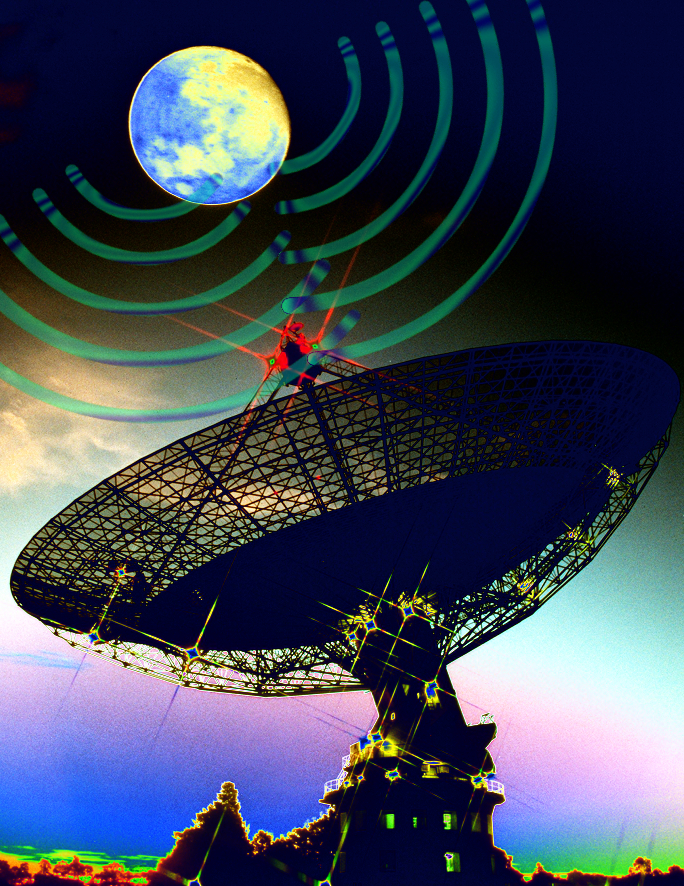Parkes to probe for deep-space radios
 Physicist Stephen Hawking has helped launch the most in-depth search for intelligent life in outer space ever undertaken; a quest with a distinctly Australian angle.
Physicist Stephen Hawking has helped launch the most in-depth search for intelligent life in outer space ever undertaken; a quest with a distinctly Australian angle.
Professor Hawking has become the face of a $135 million push to find alien life, funded by Russian billionaire Yuri Milner.
Hawking said the logic behind the search was fairly simple.
“We believe that life arose spontaneously on Earth,” Hawking said at a news conference on Monday, “so in an infinite universe, there must be other occurrences of life.”
The project is called Breakthrough Listen, backed by Mr Milner’s Breakthrough Prize Foundation, which is already the source of some of the scientific world’s highest-paying prizes.
The $135 million in funding will be split across a range of projects aiming to find evidence of radio or optical communications from the 100 nearest neighbours to Earth.
It will see researchers granted more hours of telescope-based searching than have ever been dedicated to the look for life outside Earth.
Australia’s famous Parkes Observatory telescopes will be involved after signing a multi-million-dollar contract to scan for repeating radio waves.
The CSIRO’s contract will allow a team under Swinburne University’s Professor Matthew Bailes to direct the Parkes Telescope skyward.
The lead investigator said he was more than excited to be involved.
“I was completely blown away, in fact I have to still pinch myself that I'm not dreaming, it's an amazing cash investment in the science we do, and it's astounding really,” Professor Bailes said this week.
The deal with CSIRO has seen it book in a quarter of the telescope's time for the next five years to scan for radio signals from other galaxies.
“Radio waves are a very efficient way of transmitting information and it's likely that aliens, if they're into interstellar communication at all, would be using the radio part of the spectrum,” Professor Bailes said.
“We know there's lots of worlds out there, but whether or not there's little green men on there is something we still don't know.”
Researchers are glad to know that the funding is provided upfront by a single, private source, and so will not be reduced or removed by changing governments in coming years.
Fellow researcher at the Australian Astronomical Observatory, Professor Fred Watson, said the search would be about finding coherent messages amongst the cosmic noise.
“[The task will be] to look for specific signals that might have an intelligent origin,” he said.
“Never before have we directed projects like the one we're talking about now.”
“What you're doing is you're trying to use the telescope in such a way that it will search for signals that have got no known naturally occurring counterpart,” he said.
This is where legions of non-scientists will come in.
The data gathered from Parkes and other telescopes around the world – some of which will look for the signs of laser-based communications instead – will be published in a free and open-source manner, to be processed by people around the world.
The project’s leaders hope that millions of people will download a screensaver that crunches the data while during computer down-time.
The Breakthrough Listens project is expected to get started as soon as possible, and time is an important factor.
Experts say some of the signals detected will have been produced millions of years ago and so could come from civilisations long ago relegated to the echoes of time.
“There is no bigger question,” Professor Hawking said.
“It's time to commit to finding the answer, to search for life beyond Earth.
“We must know.”








 Print
Print